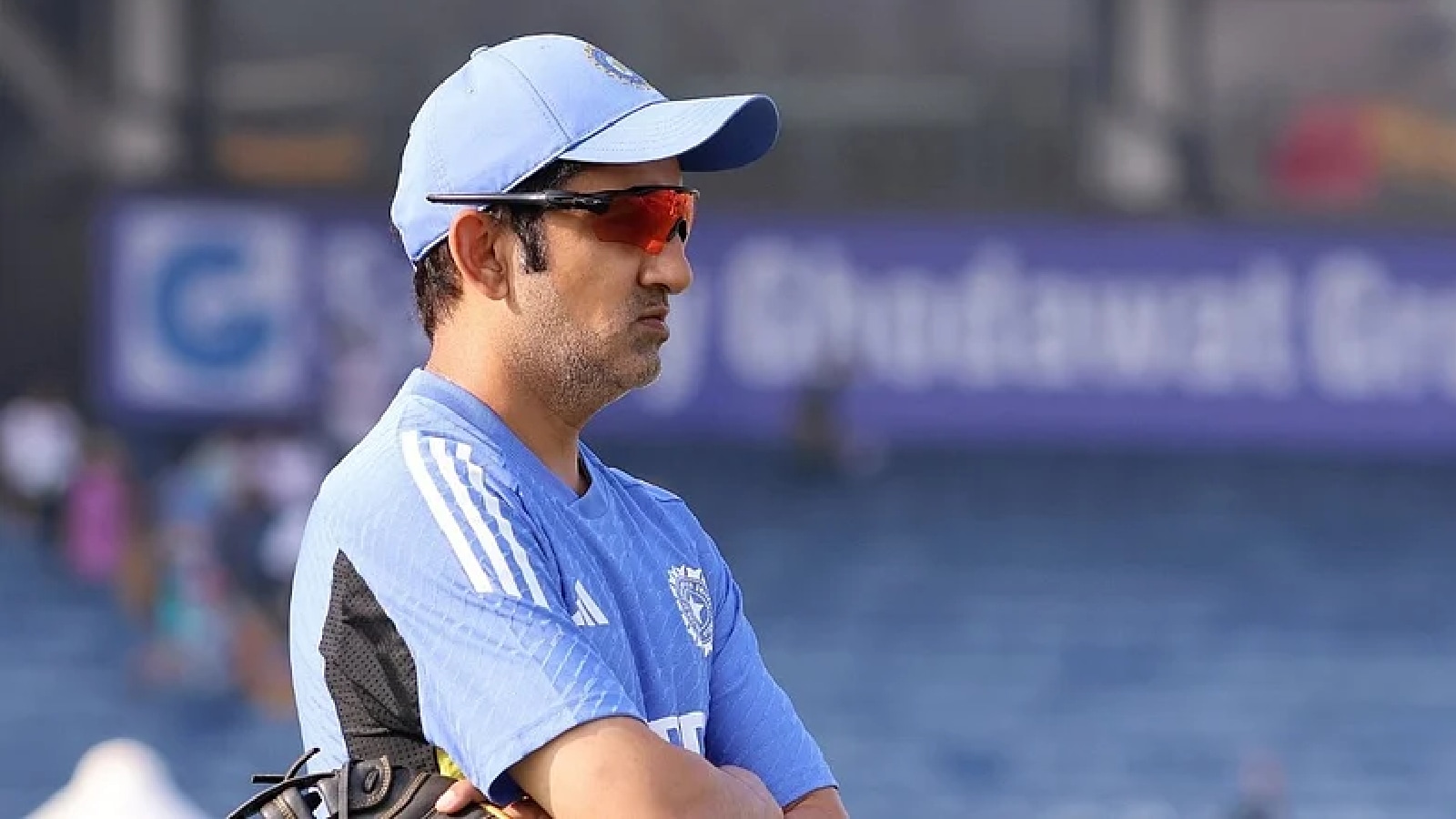
India's Batting Woes: Gambhir's Tactics Under Fire
India's recent performance against South Africa has sparked significant debate regarding head coach Gautam Gambhir's strategies. The team faced a disappointing 30-run defeat on a subpar pitch at Eden Gardens, raising concerns about the tactics employed by Gambhir and his coaching staff. Critics argue that the batting failures are a primary reason for the loss, suggesting that the team is leaving too much to chance.
Former Australian wicket-keeper Brad Haddin voiced strong opinions on this matter, emphasizing that India’s current approach is counterproductive. He reflected on how, during Virat Kohli's captaincy, the team excelled by building scoreboard pressure. India was known for scoring heavily at home, which allowed their bowlers, especially spinners, to take control. Haddin criticized the current mindset, stating, "They are leaving too much to chance," and highlighted that relying on turning wickets is detrimental.
Last year, India faced a similar situation against New Zealand, failing to chase a modest 147-run target, resulting in a historic 0-3 series whitewash. Haddin's comments stress that India plays their best cricket when they focus on scoring runs rather than depending solely on the conditions. The current strategy seems to strip the batters of their natural game, making it easier for average spinners to perform well.
South African pace legend Shaun Pollock also chimed in, criticizing the mindset of Indian batters on such challenging pitches. He pointed out that the 124-run target was the lowest India has ever failed to chase in a Test match at home. Pollock emphasized the need for a positive approach, urging batters to find ways to score, even under difficult conditions. He reminisced about past Indian players who thrived in such situations, asking where that aggressive spirit has gone.
The current Indian squad is at a crossroads, where they need to reassess their strategies and mental approach to regain their dominance in international cricket. As they face tougher challenges ahead, reflecting on the successful tactics of the past may provide critical insights into their path forward.












